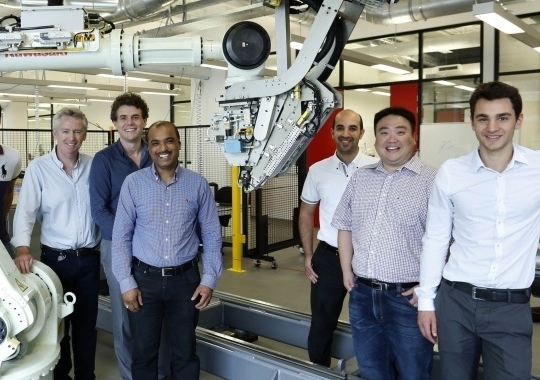UNSW tops the state in industry-linkage grants
UNSW researchers have been awarded $11.4 million in the latest round of federal government funding for industry-linked research projects and a centre to transform Australia’s high-performance manufacturing sector.


